Dean's Message
Future Talent
The College of Humanities and Sciences (CHS), now into its third year, continues to receive strong numbers of good applicants. Our focus in rolling out new academic offerings this year remains the same – to provide our students cross-cutting knowledge, transferable skills and a broader worldview for career applicability and versatility.
We are placing renewed emphasis on experiential learning to prepare our students for the workplace. For instance, we conducted multiple Global Classroom courses in Southeast Asia and across Asia, in areas ranging from biodiversity to agriscience, nanotechnology and forensic entomology. These programmes, some of them co-organised with our partner universities, allow our students to integrate classroom learning with collaborative projects and immersive learning overseas that connect to real-world contexts.
In short, CHS serves students well by encouraging purpose-driven learning. Many students selected their course combinations with specific employability pathways in mind. Others are discovering how internships give them an early head start into sectors or careers of their choice. All of them have discovered new knowledge from the interplay between disciplines. Collectively, our programmes are developed with a single goal in mind – to gear our students for employment resilience.
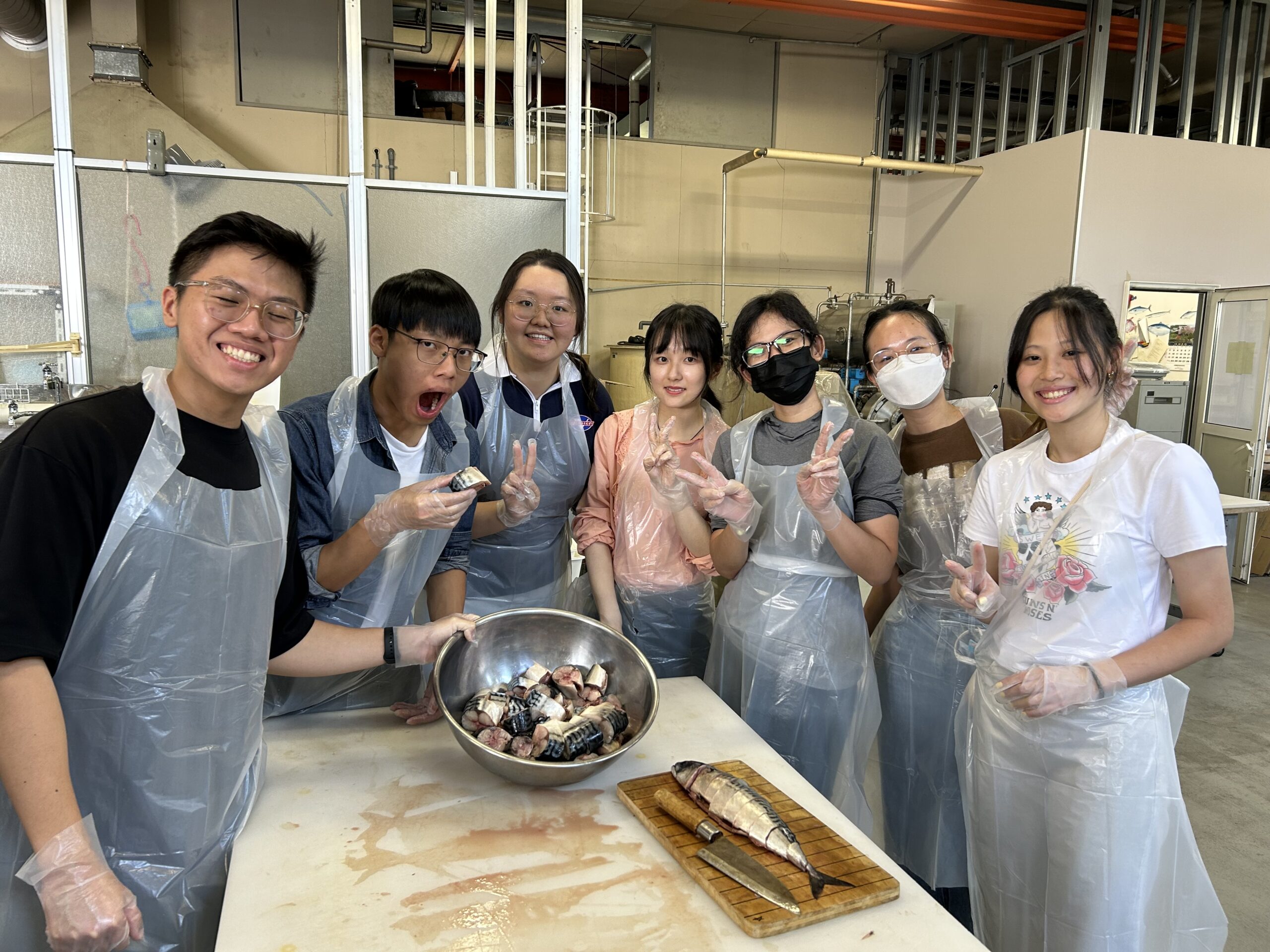
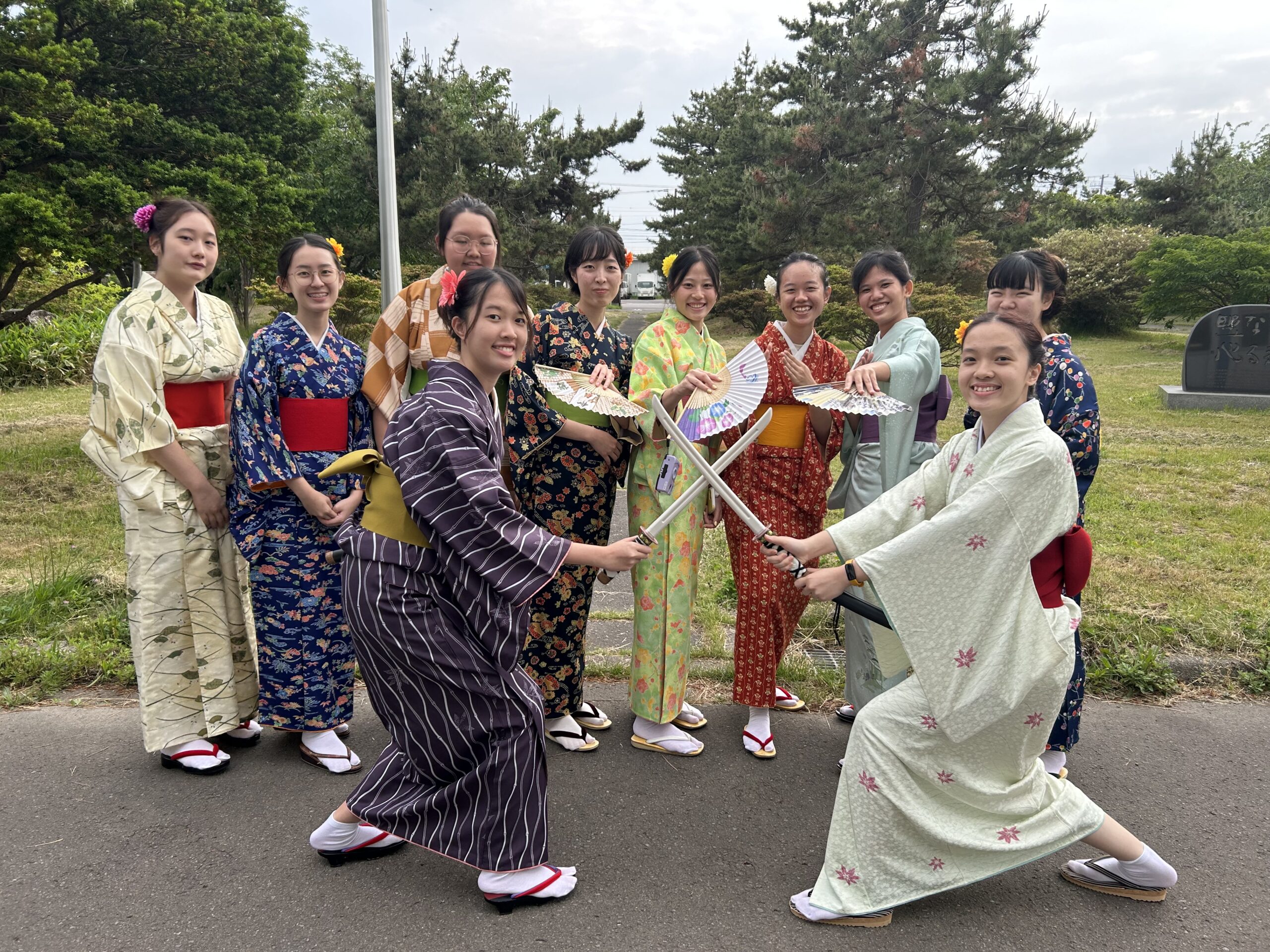
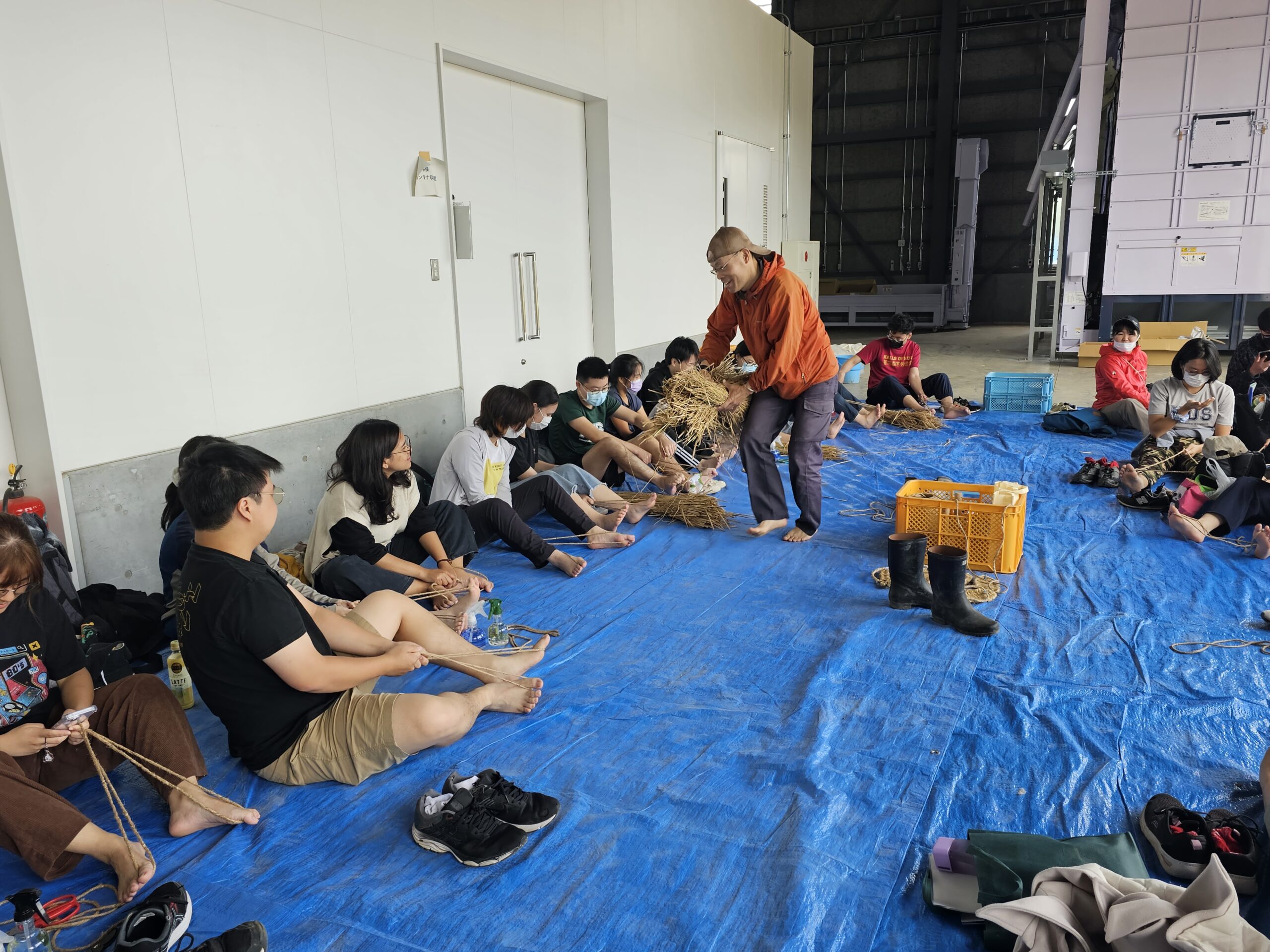
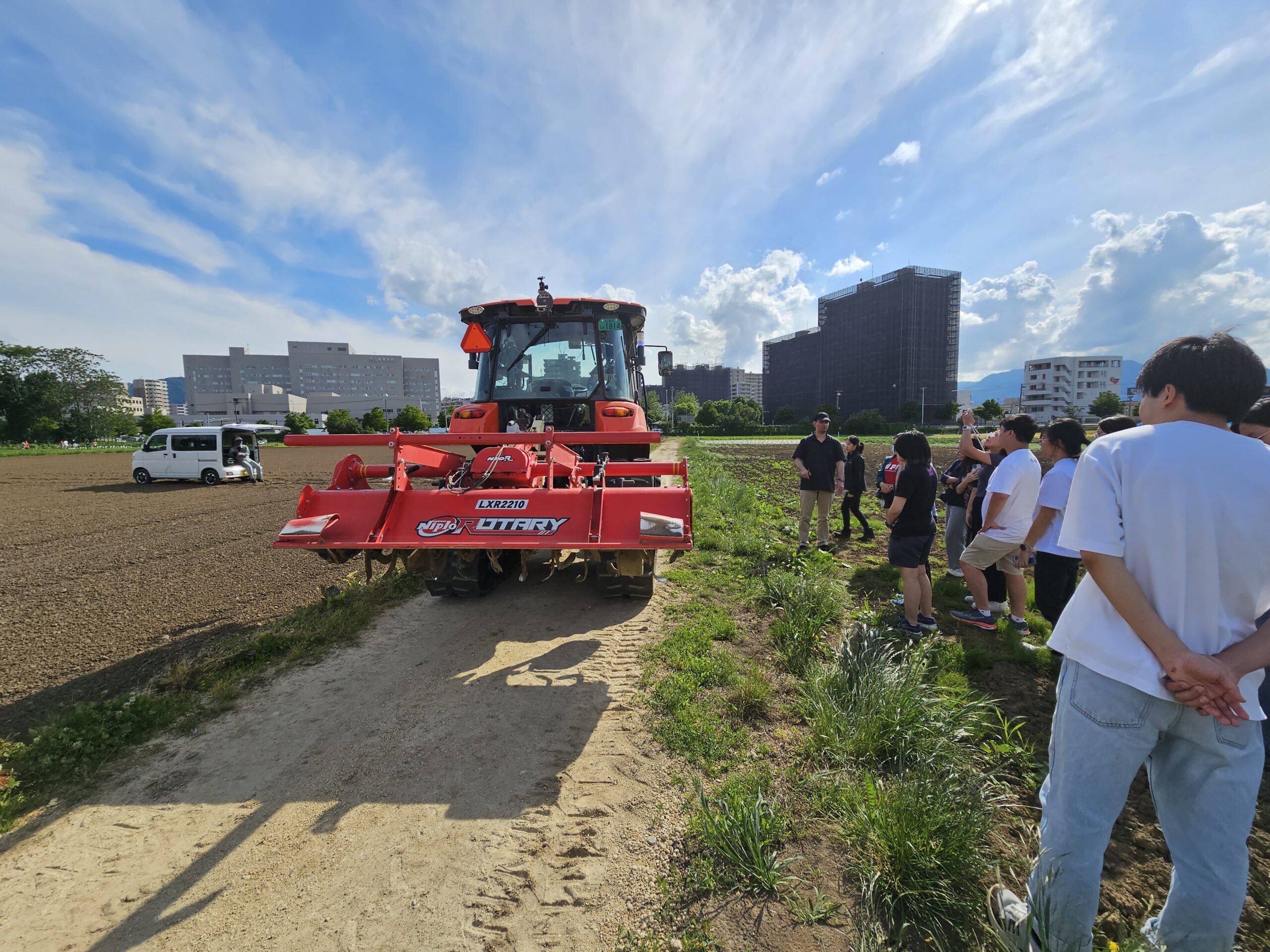
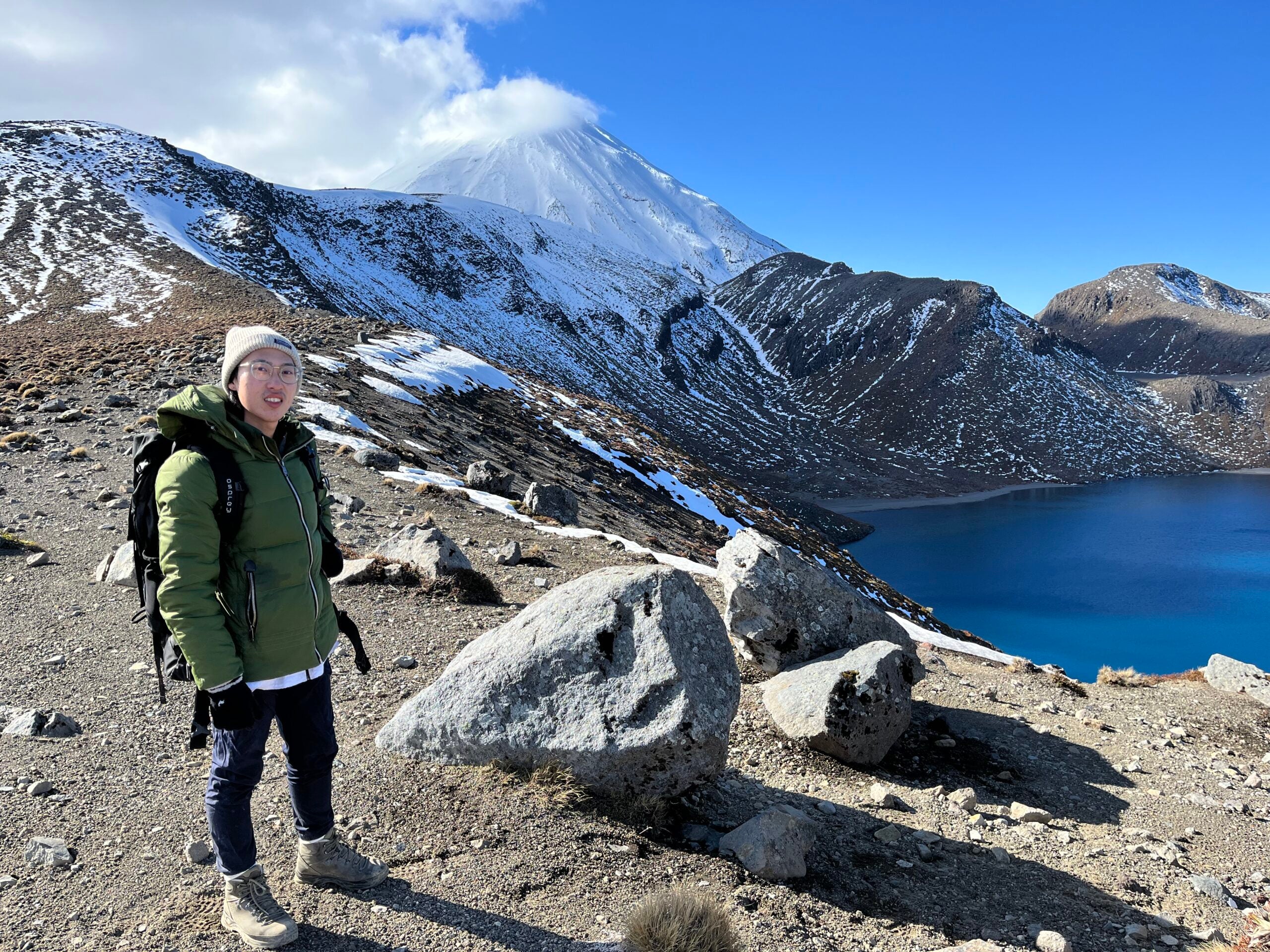
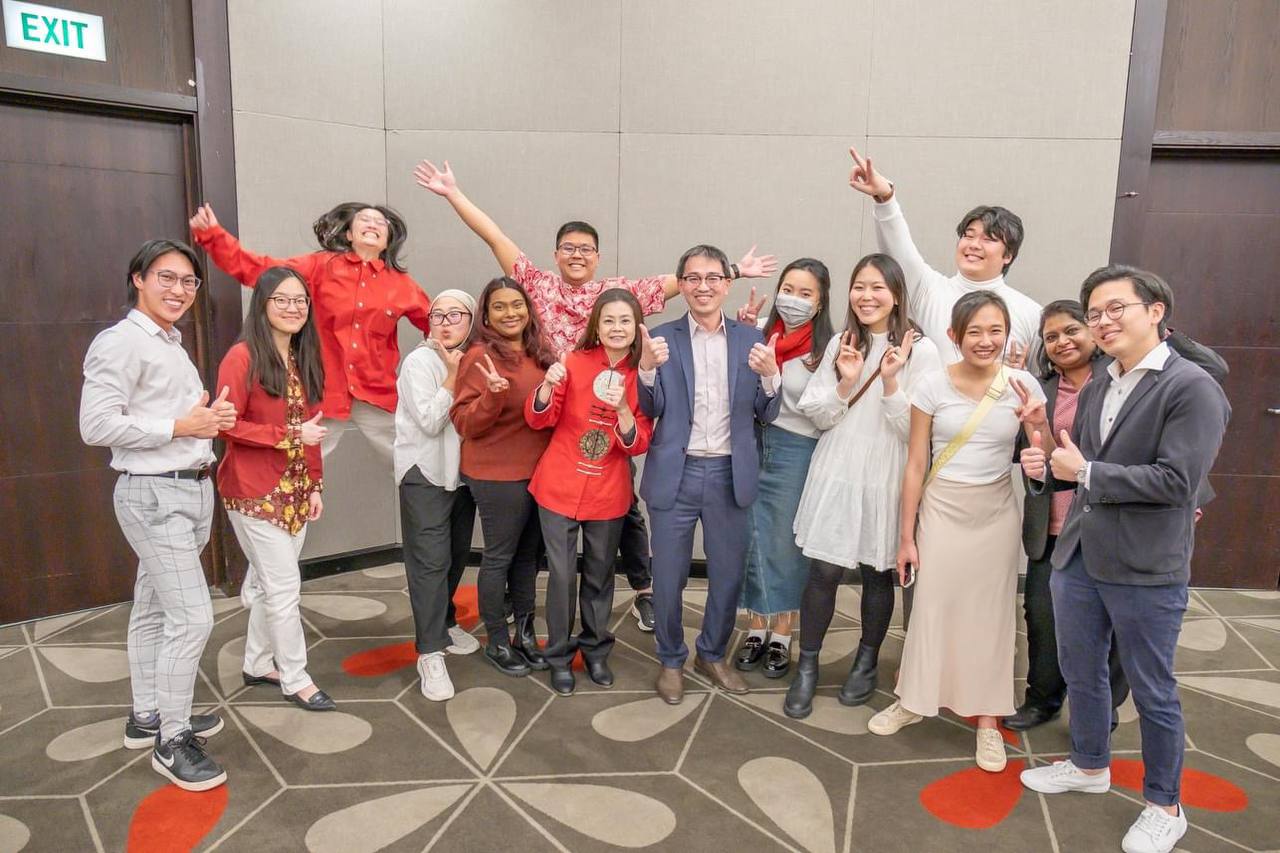
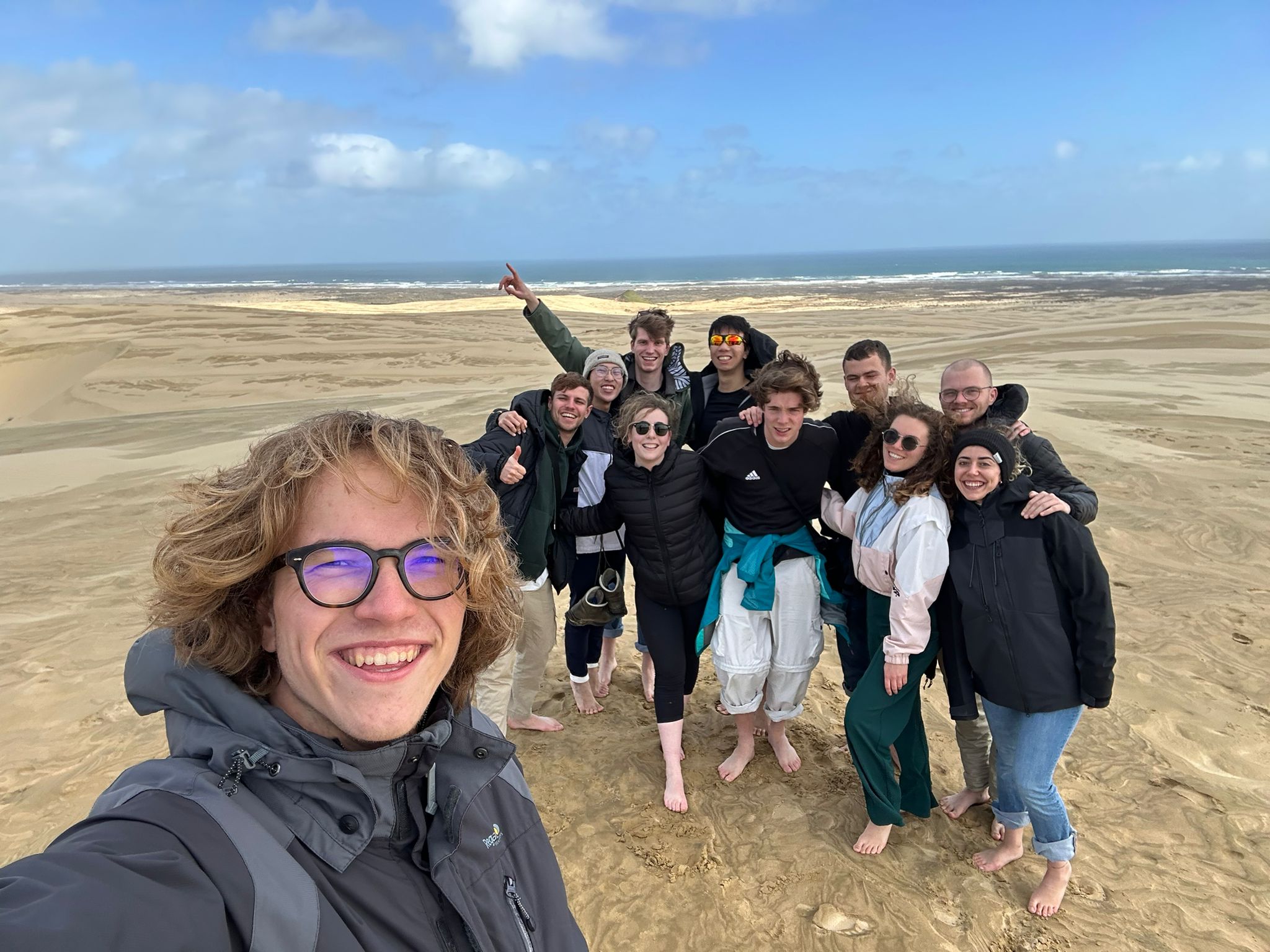
We continued to see a surge in demand for our postgraduate programmes. In Academic Year 2022/2023, we received over 7,000 applications for our Master by Coursework programmes alone and enrolled around 1,000 candidates in these programmes. Currently, we offer 14 industry-relevant Master’s degree programmes across our quantitative and experimental majors, and another four collaborative programmes with partner universities.
To support growth in the green and digital sectors, we started offering just-in-time Continuing Education and Training (CET) upskilling courses in data analytics and sustainability. For instance, the inaugural ‘Sustainability 101 Course for Policy Officers’ course, launched by the Centre for Nature-based Climate Solutions (CNCS) in 2022, is the first executive training programme of its kind for the public sector, with more thematic CET courses in the pipeline.
Future Solutions
The research undertaken by our scientists addresses some of the key challenges of the day.
For instance, we unveiled the Carbon Prospecting Dashboard at the World Economic Forum in 2022, a pioneering tool to prospect, develop and manage nature-based carbon credit projects on a global scale. Under a new partnership with the Singapore Land Authority (SLA), we can now also leverage geospatial data and technologies to improve the productivity and cost efficiencies of local carbon estimation research.
Our scientists’ contributions to sustainability extend beyond decarbonisation. In an important step forward in sustainable synthetic fuel production, our chemists have shown how the electrocatalytic capabilities of polarised nickel materials can form multicarbon products, while our marine scientists’ efforts in bioengineering corals protect coral reef ecosystems which are under threat in tropical urban environments.
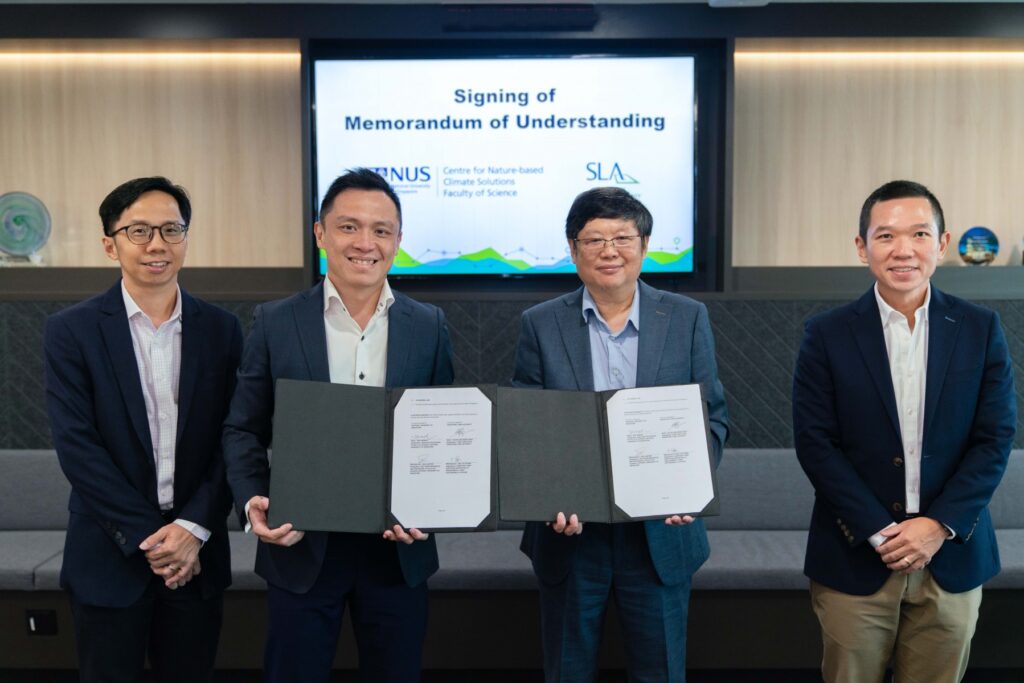
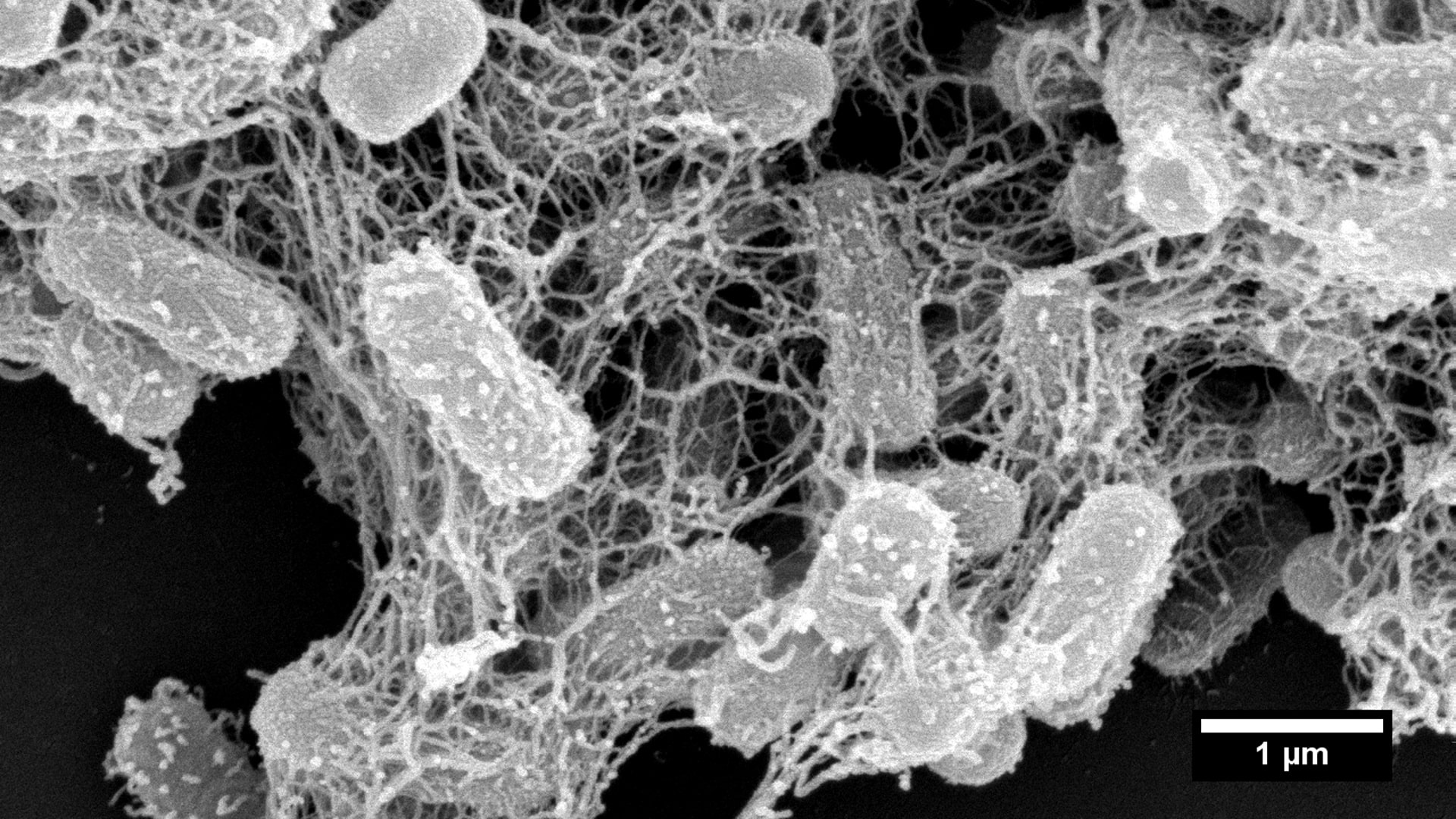
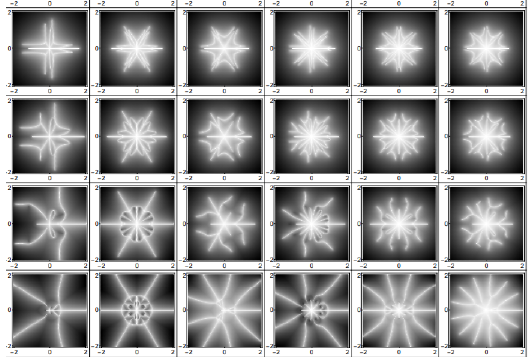
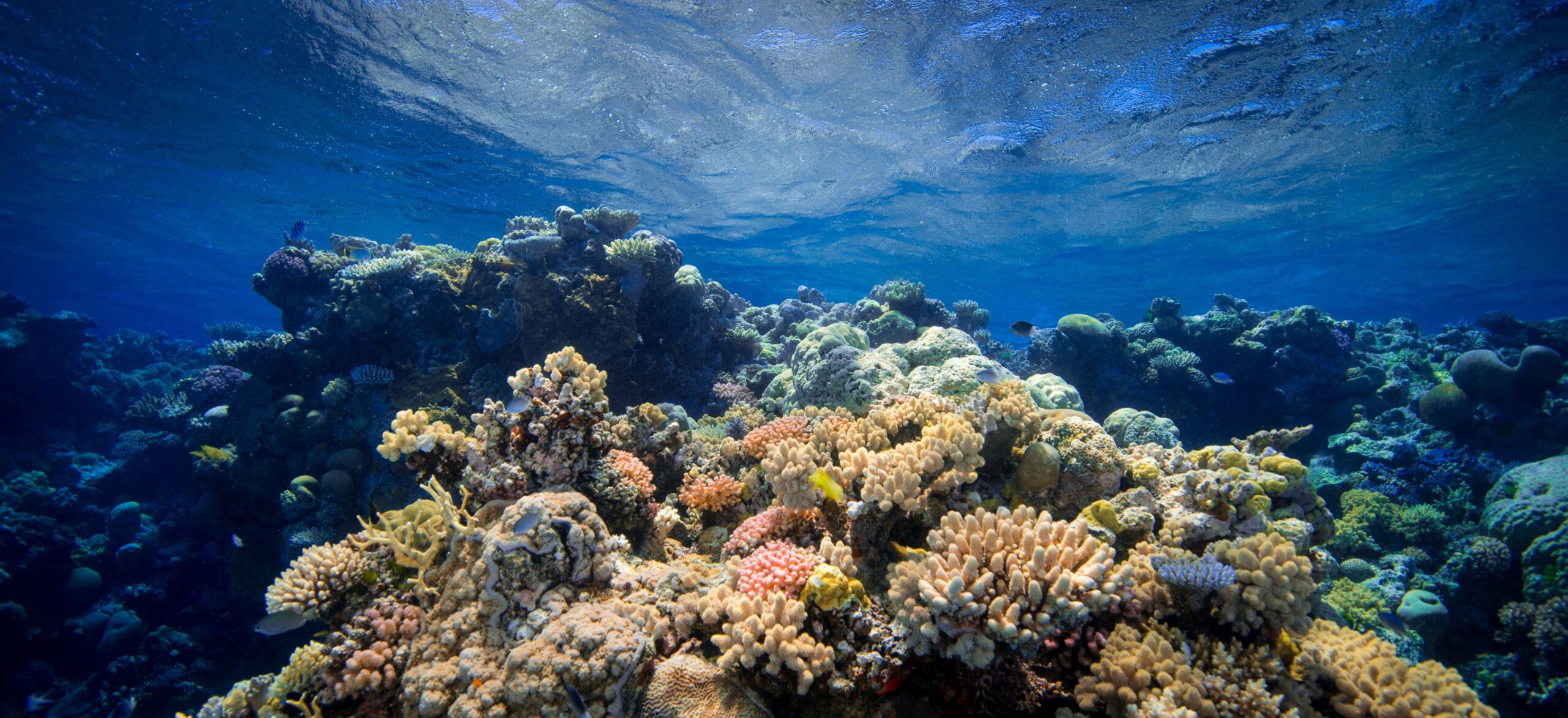
From fundamental science, such as the discovery of new classes of materials with potential use in diverse domains ranging from quantum computers to electronic and nanoscale devices, to translational innovations such as alternative approaches to fight healthcare issues such as the global scourge of antibiotic resistance, our work continues to be timely and relevant in addressing pressing societal issues. I am gratified to share that many of our scientists received prestigious accolades this year for advancing scientific excellence.
Future Society
With growth comes the need for new space. This year, the new Medicine-Science Library was launched and our students can look forward to new study and technology-enabled spaces! We also opened dedicated facilities for adult learning.
As pandemic measures were scaled back, our campus is again fully brimming with student life. Alongside this, we found fresh ways to support our students in building mental resilience, for instance, through new wellbeing programmes.
We are also grateful for the support of our benefactors. Their generosity helps our students to fully realise their potential and expands our research capacities.

Looking Ahead
I look to the year ahead with confidence that we can face the future from a position of strength. Our students continue to learn and excel, our researchers are making impactful contributions to fields of scientific and societal interest, and many of our alumni are making a mark in their respective fields of pursuit, some of them on the world stage.
The Faculty of Science marks 95 years as a leader in science educational and research excellence next year. I look forward to celebrating our anniversary with our Science community, partners, alumni and friends even as we continue working together to prepare our students for the world of work at a time when their contributions are very much needed!